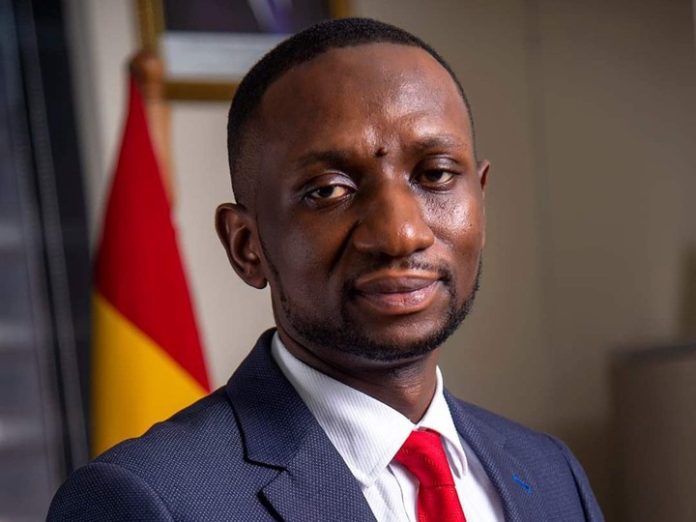Kofi Ofosu Nkansah, former CEO of Ghana’s National Entrepreneurship and Innovation Programme (NEIP), has cautioned that a future New Patriotic Party (NPP) government could enact harsher job terminations if current dismissals targeting state employees hired after December 7, 2024, are not reversed.
His stark warning amplifies tensions over a controversial directive from the Chief of Staff, which has already displaced an unspecified number of civil servants, many affiliated with NEIP.
The opposition has rallied behind calls to reinstate the affected workers, arguing their employment was legally sanctioned. Nkansah, a prominent advocate for the dismissed staff, escalated the debate in a social media post, declaring, “If the dismissals are not reversed, we will do worse anytime we get power.” The statement underscores deepening political fractures, with critics accusing the government of purging opposition-aligned appointees ahead of the 2024 elections.
NEIP management has compounded the uncertainty, instructing staff to remain at home indefinitely starting February 25, 2025, until their employment status is clarified. A leaked internal memo noted only “needed” personnel would be recalled, leaving hundreds in bureaucratic limbo.
The government defends the dismissals as a corrective measure to address post-election hiring irregularities. However, detractors view the move as partisan, exacerbating fears of a cyclical “tit-for-tat” employment strategy between rival administrations. Nkansah’s remarks tap into broader anxieties over Ghana’s political climate, where transitions of power often trigger sweeping civil service overhauls.
Analysts warn the standoff risks normalizing retaliatory governance, undermining institutional stability. “This isn’t about merit—it’s about vengeance,” said Accra-based political researcher Efua Mensah. “Without bipartisan agreements on civil service protections, every election becomes a pretext for upheaval.”
As pressure mounts, the dispute tests Ghana’s democratic resilience, balancing accountability with the need to shield public sector workers from the volatility of partisan rivalry. The coming weeks may determine whether the dismissals solidify into a precedent—or spark a recalibration of political norms.
